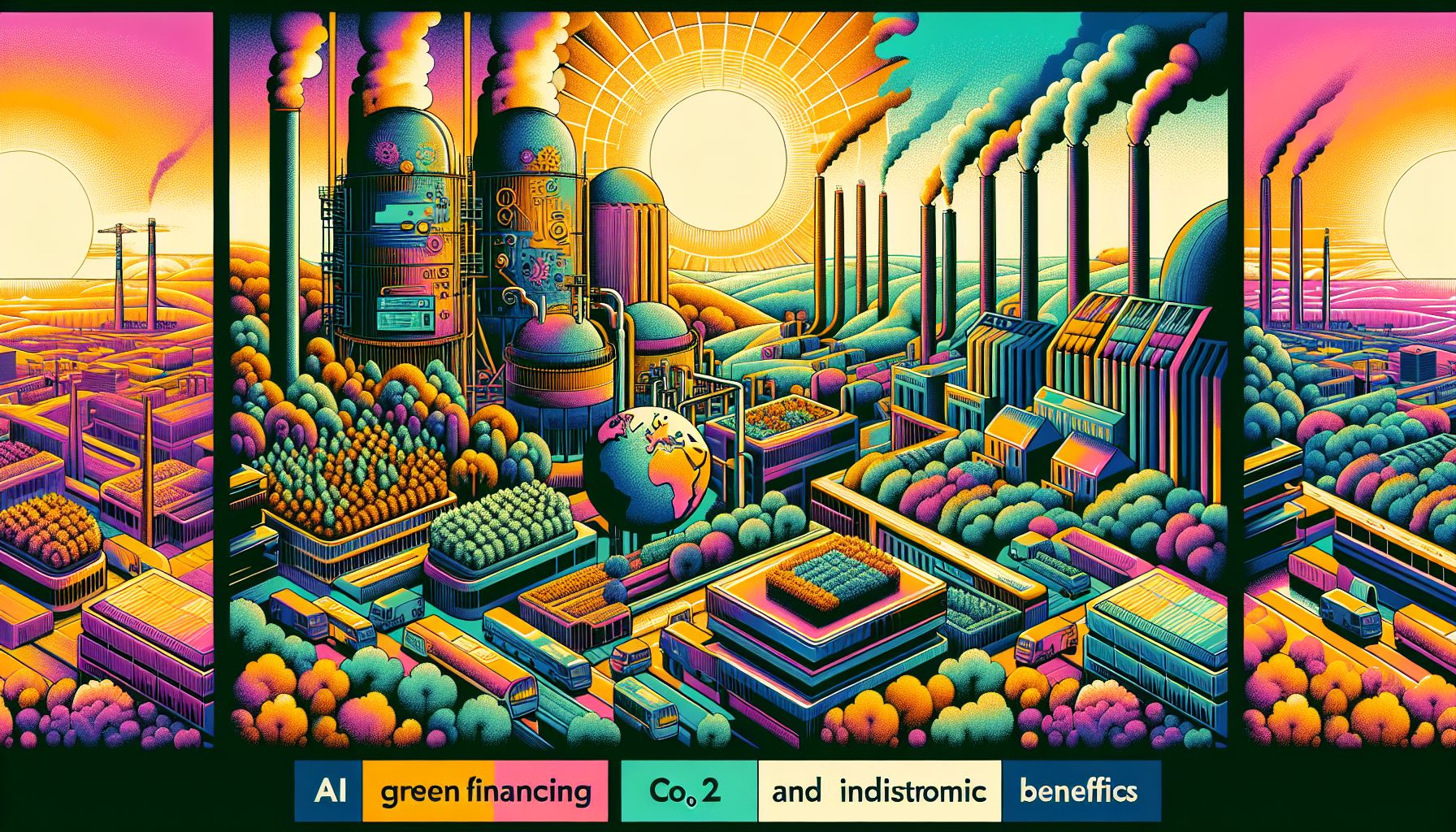AI and Green Financing Boost CO2 Reduction in the Netherlands

Netherlands, Friday, 20 December 2024.
The Netherlands leverages AI-driven green financing and subsidies to enhance CO2 reduction in industrial sectors, aiming for significant environmental and economic benefits.
Revolutionary Integration of AI in Green Finance
Recent research demonstrates how AI-driven green financing is transforming environmental initiatives in the Netherlands. The integration shows that a 1% increase in green consumption index leads to a 0.95% improvement in CO2 emission reduction efficiency [1]. This innovative approach, combining artificial intelligence with sustainable financing mechanisms, is particularly significant as global FDI flows reached USD 802 billion in the first half of 2024 [2], creating new opportunities for green investments.
Expert Leadership and Implementation
In the Netherlands, key figures like Remco Bleijs at Ernst & Young Accountants LLP have been instrumental in advancing sustainable finance initiatives. With over a decade of experience in sustainability [4], Bleijs advises financial institutions on integrating AI-driven solutions for environmental impact. The implementation of these strategies aligns with UNEP FI’s global initiative, which currently manages over $170 trillion in sustainable assets [3].
Measurable Impact and Future Outlook
The effectiveness of this AI-driven approach is evidenced by current data showing an average green consumption index of 10.75% among participating firms [1]. Looking ahead to 2025, this integration is expected to play a crucial role in meeting climate targets, particularly as the European Sustainability Reporting Standards become mandatory for large companies [5]. The initiative specifically addresses the 2020s as the ‘decisive decade’ for climate action [5], with AI applications accelerating innovation cycles in green sectors by streamlining research and development [1].
Policy Framework and Collaborative Approach
The success of this Dutch initiative relies heavily on targeted subsidies and collaborative efforts between public and private sectors [1]. This approach aligns with the broader OECD framework, which emphasizes creating conditions for investment that foster sustainability while promoting decarbonization [2]. The integration of AI in green financing represents a significant step forward in achieving carbon neutrality goals, particularly in industrial sectors where emissions reduction has traditionally been challenging [1].

